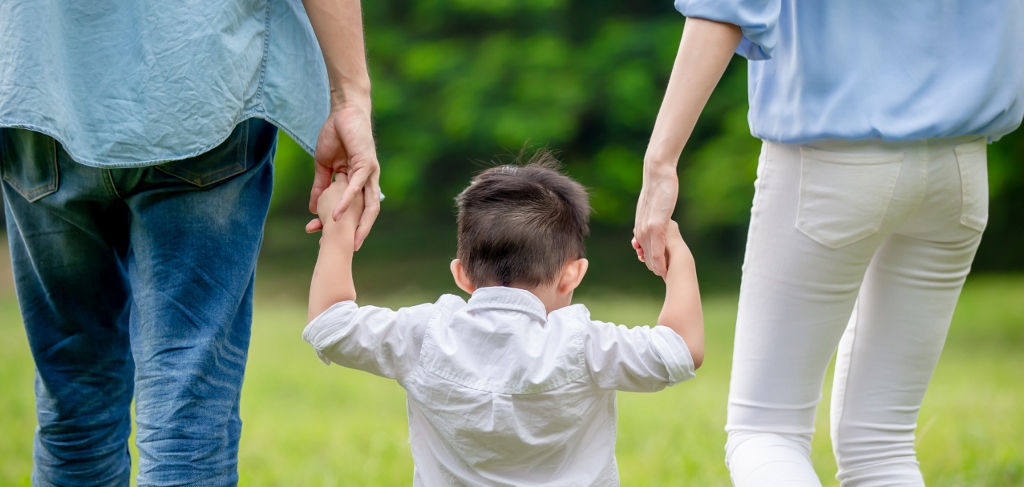Adoption is an attractive option for couples seeking to build or expand a family or a single person wishing to look after a young relative. It also has many positive benefits for the child in question. Our Partner Lisa Wong examines how the process works in Hong Kong.
Hong Kong, 21 December 2020: Numerous studies have highlighted the overall positive effect that adoption has on children. While not all adoptions are smooth and there can be inevitable bumps in the road, it is clear such young people benefit from committed parents, a stable home and being given opportunities that may not otherwise have come their way.
Adoption in Hong Kong is more common than some may think. According to the latest figures from the Social Welfare Department (SWD), which oversees the service here, more than 150 adoption applications are currently being processed. Almost 80 children, from infants up to 18 years old and from a variety of backgrounds, are available for adoption.
To be clear, adoption is the legal process by which parental rights and responsibilities over a child are transferred from the birth parents to the adoptive parents. The adopted child has the same legal rights as any biological child of the adoptive parents. Unlike fostering (see previous blog), which has no tailor-made legislation in Hong Kong, adoption is governed by the Adoption Ordinance (Cap 290), enacted in 1956, and the guiding principle throughout is “best interests of the child”. Hong Kong is also a party to the Hague Convention on Protection of Children and Cooperation in Respect of Intercountry Adoption, which it joined in 2006.
A child may be available for adoption for any number of reasons, including abandonment, being born out of wedlock, or being born to parents who are mentally ill or with a history of drug addiction. As for prospective parents, they are usually spouses who apply jointly, although sole applicants are also permitted. The criteria for applicants includes being at least 25 years old, in sound physical and mental health, with stable finances, solid educational background and no criminal record.
There are two types of adoption, local and overseas. For the former, all processing must go through the SWD via four authorised agencies, namely the SWD’s Adoption Unit, Mother’s Choice, the Po Leung Kuk and the Hong Kong Branch of the International Social Service. The adoption process is closed, meaning records of the birth parents are kept confidential and there is no interaction between them and the prospective adopting family. There is no selection of specific children to adopt and the matching process is done by the SWD’s Adoption Unit.
Prospective parents must undergo pre-adoption training and extensive assessment by social workers, including interviews and a home visit, and then wait for a match. Waiting time varies depending on the parents’ preferences and the characteristics of the children waiting. Once a match is made, the SWD will share the child’s background and history with the prospective parents, who will only meet with the child or receive photos after they have accepted the match. If a match is agreed, the new parents begin the process of bonding and attachment with the child before bringing them home. After six months of home living, they can apply to the court for the adoption to be finalised.
While most local adoptions are completed in this fashion, some are done via private adoption, whereby the applicant is usually a stepparent or relative. They must still do it through the SWD, however, to undergo assessment and evaluation.
If a child cannot be matched with a local family, which would minimise cultural changes and potential adjustment issues, then overseas adoption is an option. There are just eight countries in which people may adopt children from Hong Kong, these being Australia, Canada, Germany, Singapore, the US, New Zealand, Sweden and UK. The three local agencies authorised to deal with overseas adoptions are Mother’s Choice, the Po Leung Kuk and the Hong Kong Branch of the International Social Service.
While the assessment and evaluation processes are broadly similar, additional factors such as distance, immigration checks, cross-border documentation and travel mean they usually take longer. The average time from application to overseas adoption is between 17 and 24 months and, to be clear, matching is based on suitability, not how long the family has been waiting.
Adoption is a life-changing experience certain to have a major impact on everyone involved in the process. As we have stressed before, here at Boase Cohen & Collins we are happy to provide essential legal advice and guidance on matters relating to children.
A Partner with Boase Cohen & Collins since 2014, Lisa Wong’s key practice areas include Family Law, Divorce and Separation, Child Custody and Financial Application. She is Secretary of the Hong Kong Family Law Association, Treasurer of the Hong Kong Collaborative Practice Group and a member of the Law Society of Hong Kong’s Family Law Committee. She is also a qualified mediator and collaborative practitioner. She can be contacted at lisa@boasecohencollins.com.



